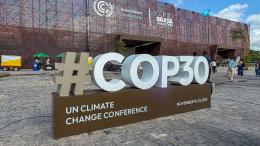About NASCENT
NASCENT aims at the establishment of a cooperation between Germany, South Korea and Japan in the field of water security and climate change adaptation with a focus on integrated ‘nexus’ approaches. Funded under the DAAD PAJAKO (Partnerships with Japan and Korea) program, NASCENT will support mobility of scientists and doctoral students to enhance the trilateral cooperation in research, postgraduate education and knowledge transfer.
Even though sometimes considered a problem that primarily affects the Global South, countries in the Global North such as South Korea, Japan and Germany have in the recent past also experienced extreme hydrological events such as extended droughts or devastating floods that were at least partly attributable to global climate change. Germany, for example, experienced abnormally dry soils across large parts of the country during the last summer, including extreme droughts in the Eastern part of the country, while at the same time, the Ahr Valley in Western Germany experienced floods that caused damages of unprecedented magnitude. In 2020, South Korea was struck by major summer floods and landslides induced by prolonged and heavy rainfall, destroying thousands of homes and submerging vast areas of farmland. Contrastingly, the years of 2014 and 2015 were unusually dry throughout most of the Korean peninsula, leading to famines in North Korea and challenging the water supply in some parts of South Korea. Japan was struck by some of the heaviest flooding in decades during the summer of 2018, with more than 200 lives lost and property damages of about 10 billion USD. Climate change has, at the same time, been identified as a cause of regional droughts in parts of Japan, resulting in forest fires and crop yields losses in affected areas.
This project is funded by German Academic Exchange Service in the context of the PAJAKO funding program.




